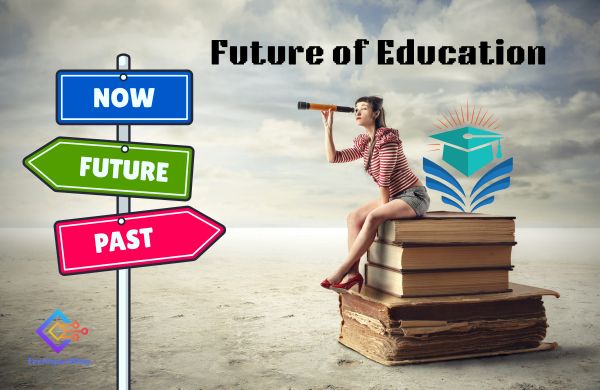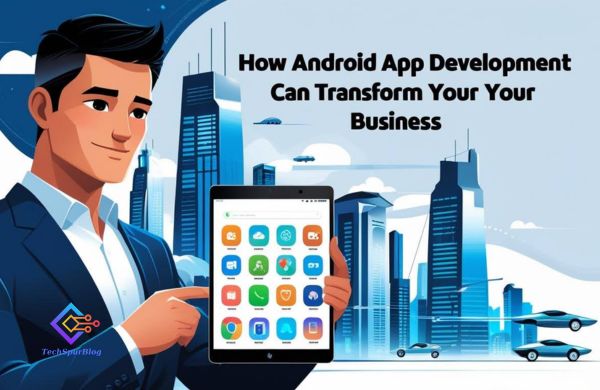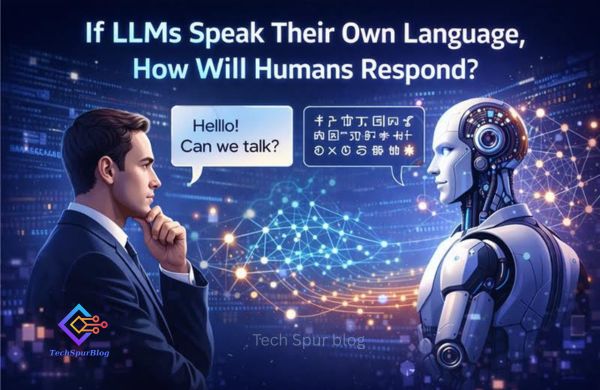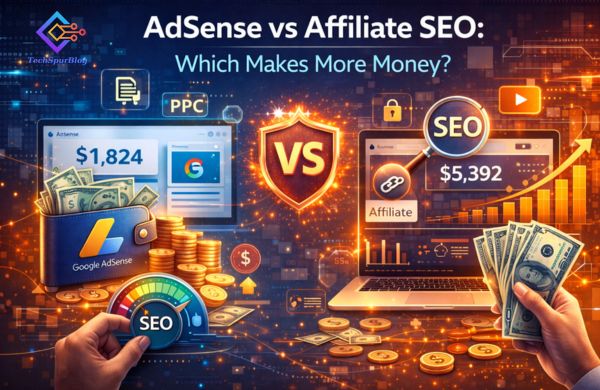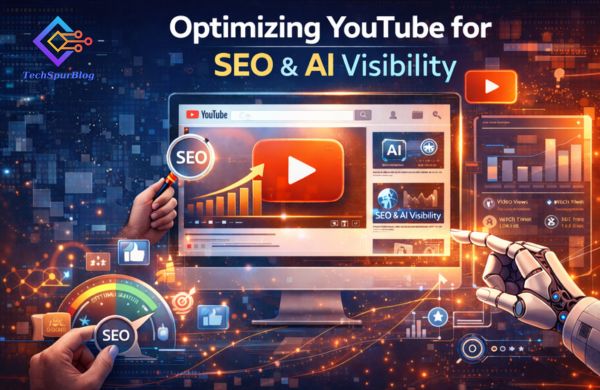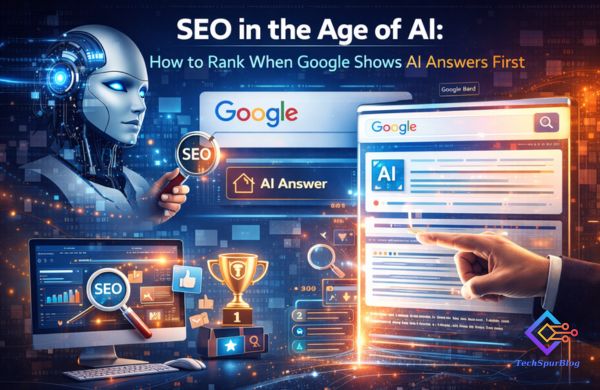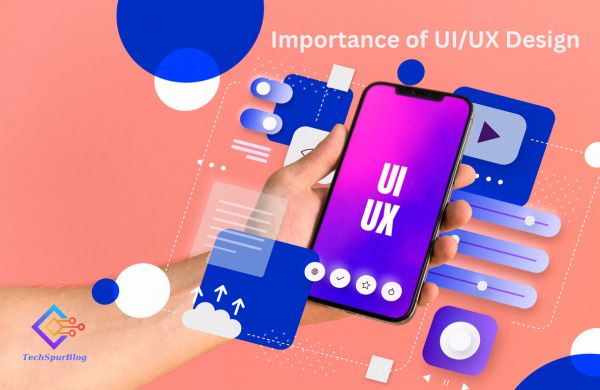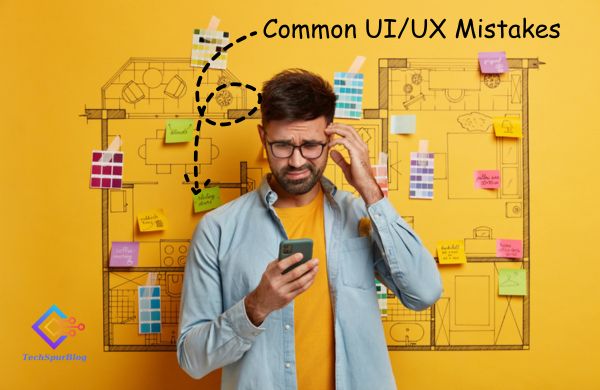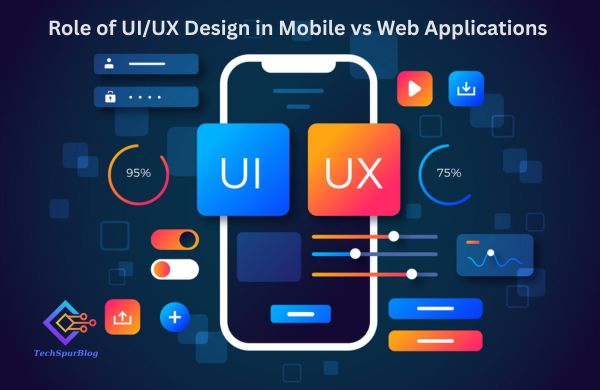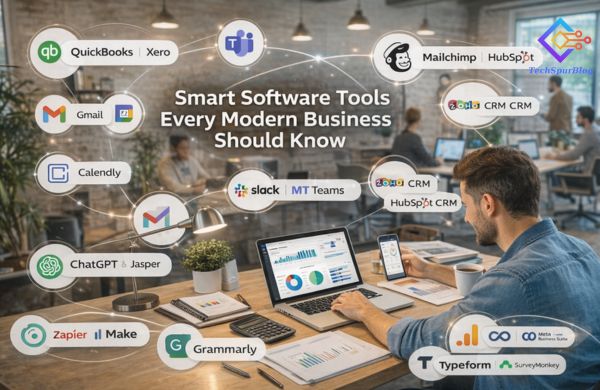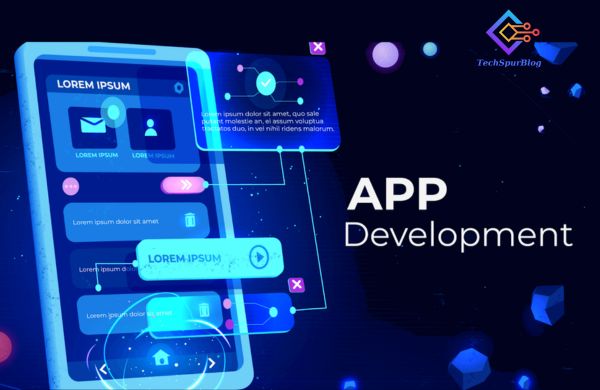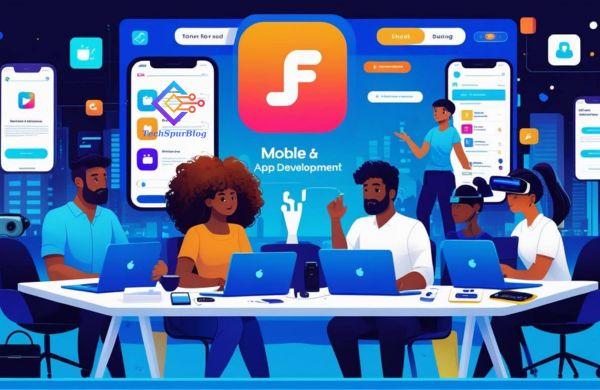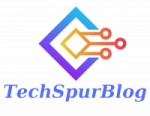The digital economy is thriving, and digital marketing has emerged as one of the most straightforward, in-demand, and flexible careers available. This is a full-time career if you have limited formal qualifications and little experience in anything resembling marketing, but have some interest in data, content, social media, or strategy.
As entrepreneurs who have built full teams from scratch, we have hired digital marketers at various levels of their careers, from experienced strategic marketers to new hires who had only ever minimally dabbled and were not hired for their experience, but rather their future potential.
Digital marketing is a skills-based profession, and your path to the career is primarily determined by your self-learning, personal initiative, and creativity, more so than the degree you obtained or experience you may have on your resume.
If you’re trying to figure out where to start, here is a descriptive step-by-step to kickstart your career in digital marketing from literally nothing.
Understanding What Digital Marketing Means
You must understand the entire digital marketing landscape before launching into it. Getting out there and managing social media or writing blog posts is not digital marketing. Don’t confuse social media with digital marketing. Digital marketing is an incredibly broad discipline comprising multiple categories/subcategories. There are many avenues of digital marketing, such as:
- Content Marketing
- Email Marketing
- Social Media Marketing
- Affiliate Marketing
- Mobile Marketing
- Analytics and Conversion Optimization
Understanding and learning about the various domains will allow you to gauge your interest and the skills needed to reach your objectives. This foundational knowledge will also give you a way to structure and shape your learning.
Also Read: Unveiling the Digital Frontier: Exploring the High Demand for Digital Marketing Jobs
Understand the Basics with Free Materials
You don’t need a marketing degree to start learning the subject. Many free (and excellent) online resources help you learn digital marketing basics. Here are some platforms with good beginner material:
- Google Digital Garage: Free classes on digital marketing basics.
- Hubspot Academy: Free certifications in content marketing, SEO, and many others.
- Coursera & edX: These have university-based courses, many of which you can audit for free.
- YouTube Channels: Neil Patel, Moz, and Ahrefs have great tutorial content.
Spending 30-60 minutes daily on structured learning will quickly compound your knowledge.
Pick a Niche to Start
Learning everything at once can be intimidating to the point of burnout. Focus on one or two niches that align with your skills. For example:
- If you are analytical-minded, SEO or paid ads may be a good fit.
- If you like to write, content marketing or copywriting may be best suited for you.
- If you are social and visual, go with social media marketing.
Focusing on a niche will make it easier for you to learn quickly since experience isn’t cluttered with other topics, allowing you to build expertise, build a portfolio, and ultimately shed the appearance of an amateur and become the go-to person in that niche.
Launch a Blog, YouTube Channel, or a Passion Project
There is no better way to learn than to do! After all, you are applying your knowledge, even without a job, and it could be as simple as a blog about a topic you are interested in, starting a YouTube Channel, or creating a social media presence for a hobby or interest. This allows you the opportunity to do several things:
- Get hands-on experience
- Test out SEO, analytics, content, and engagement with the audience
- Develop a portfolio of your work to show possible employers.
We have hired marketers who have no professional experience, but have had a desire for personal projects, and we place value in the learning experience of those thinkers. Often, these experiences count for more than a formal education.
Also Read: Ramneek Sidhu- Best Digital Marketing Expert & Digital Kings Founder
Understand the Tools
Knowing how to use the tools of the trade will make you market-ready more quickly. Here are some important digital marketing tools you should know:
- Google Analytics & Google Search Console – Tracking traffic and SEO.
- SEMrush, Ahrefs, Moz – SEO and keyword researching tools.
- Mailchimp, Brevo, ConvertKit – Email marketing tools.
- Meta Ads Manager & Google Ads – Paid advertising tools.
- Canva, Adobe Express – Graphic design tools for marketing creatives.
- WordPress or Wix – Content management systems for websites.
Most of these tools offer free versions or trials, and many tutorials to learn from on the internet, so you will not have to worry about how to learn these on top of your studies.
Build a Personal Brand Online
Regarding digital-first industries, your online presence serves as your portfolio. Start the process by making more of your LinkedIn profile to share thoughts or articles related to digital marketing. Get involved with the content of the industry or begin a personal website that shares your projects, blogs, or accomplishments. This will add to your credibility.
If employers or clients Google your name, use what they find to assess whether they find your dedication/knowledge/interest in marketing. Show them that you were not just learning about marketing, but applying what you learn.
Also Read: Why Online MCA Programs Are the Future of Higher Education
Become Certified for Credibility
Certifications are not the end-all-be-all, but they can help, especially when you are just starting and do not have much professional experience to show for it. They indicate an ability to learn and at least a minimal level of competency. Some worth considering for beginners include:
- Google Ads Certification
- Google Analytics Individual Qualification
- HubSpot Inbound Marketing
- Meta Blueprint (Facebook and Instagram ads)
Use these on your resume and LinkedIn to boost employers’ confidence in your abilities.
Also Read: Google Project Management Certificate: A Path to a Thriving Career
Provide Free Assistance to Build Experience
The fastest way to build real experience is to provide help to others. Reach out to local businesses, nonprofits, friends with startups, or solopreneurs and go help for free or at low cost. You will gain experience, testimonials, and samples of work to show—all of which you will need early on in your career.
Even offering to help someone with their social media or writing a blog about some SEO best practices can turn into portfolio work. Then remember: All of those small projects add up to bigger ones.
Create a Solid resume and Portfolio
After you have done some hands-on experience, whether personal projects, certifications, or free gigs, it’s time to create a strong resume. Your resume should communicate relevant skills, projects completed, certifications, and metrics, if you can get those. Use active verbs and utilize numbers whenever possible (for example: “30% increase in website traffic in 2 months”).
If you are not a designer, utilizing a resume maker app can give you a structured, professional-looking resume that connects with the brand you are building online. Pair that with a link to your portfolio or website to give the recruiter a fully-rounded picture of your abilities.
Apply with Purpose—not with Desperation
Many beginners will make the mistake of applying for dozens of jobs without considering anything other than a mass submission. Instead, I encourage you to consider quality over quantity. Focus on the companies or roles that resonate with your skills and strengths related to the specifications. The more tailored your cover letter, the better! You should even relate any of the skills or projects you have worked on to your role, or what the company is working on.
Small businesses and startups may also have more flexibility when hiring entry-level candidates. They are especially more open to this if you can demonstrate commitment, creativity, and problem-solving.
Also Read: Top Career Tips to Help You Land Your Dream Job
Network and demonstrate visibility in communities
Digital marketing communities within LinkedIn, Slack, Discord, or even Reddit might be the best place to engage with industry professionals, get advice from more experienced professionals, and get job leads. Engaging in the communities, such as commenting on posts, asking insightful questions, or sharing how you learn about the learning journey, will increase your visibility within the space.
In fact, in the early days of our startup, we found inspired interns and even full-time team members within these informal online spaces who did not have a résumé of credentials stacked u. Still, we learned daily, shared our experiments, and asked the right and astute questions.
Continue to Learn and Adjust
Digital marketing changes rapidly. Algorithms get updated, tools change, and new platforms are created yearly. The best marketers are lifelong learners, curious about the industry, and never stop learning. Read industry blogs (like Moz, Neil Patel, and MarketingProfs), listen to podcasts, and follow the top voices on LinkedIn.
Being someone who adapts will keep you relevant, and relevance results in long-term career success.
Also Read: The Complete Manual for Pursuing an Online Human Resources Degree
Summary
You can start from nothing in digital marketing. Few industries reward creativity, initiative, and hands-on learning more than traditional credentials, experience, or education. You can go from no experience to a feasible contender for a job in the industry in a matter of months if you are focused on a niche, dedicated to building your projects, developing an online presence, continuing to try new things, and eventually expanding your skill set..
Just remember: you don’t need permission to start. Just start creating. Start experimenting. Start showing the world what you can do, and the opportunities will come.
FAQ’s
Can I start a digital marketing career without prior experience?
Absolutely. Many people jump into digital marketing without formal backgrounds by focusing on hands-on learning. Start with free courses on platforms like Coursera or HubSpot to grasp basics like SEO or social media strategy.
What’s the best way to begin if I’m completely new?
Begin by learning the core pillars of digital marketing. Free resources like Google’s Skillshop or YouTube tutorials are great for understanding SEO, paid ads, and content creation. Once you’ve got the basics, dive into real-world practice.
Do I need a degree to get hired in digital marketing?
Not necessarily. While degrees can help, many employers care more about what you can do. Certifications like Google Analytics or Meta’s Digital Marketing Associate show you understand the tools.
How important is personal branding for landing a job?
It’s critical, but doesn’t mean you must become an influencer. Instead, think of it as showcasing your expertise authentically. Write LinkedIn posts breaking down trends you’ve noticed, like why certain TikTok ads go viral.
Should I learn to use specific tools or platforms?
Yes. Familiarity with tools like Google Analytics, Google Ads, Meta Business Suite, SEMrush, Mailchimp, and Canva can give you a major advantage. Many of these platforms also offer certifications to validate your skills.





